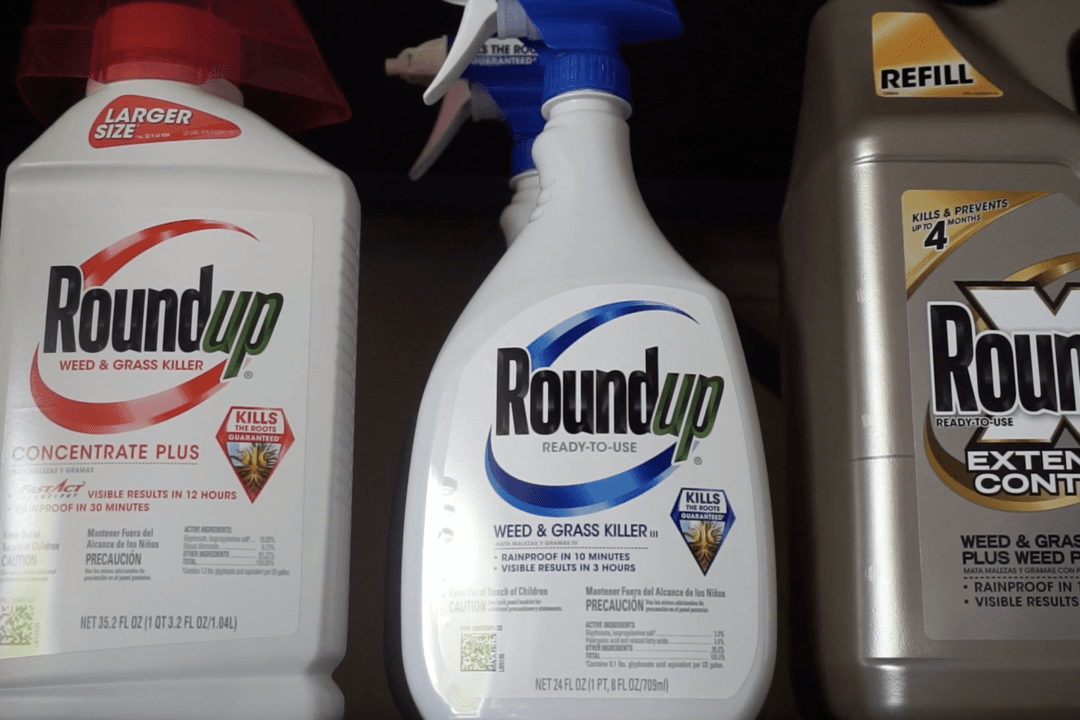With thousands of consumers alleging their cancer and other diseases were caused by Roundup weed killer, a new documentary is shining light on the issue with testimony from experts and witnesses.
The documentary, titled “Children of The Vine,” by filmmaker Brian Lilla is currently being screened across the country in hopes of sparking further dialogue on the alleged harm caused by the herbicide product. Groups, farms, and universities can view the film by making a donation on the film’s website for access.




